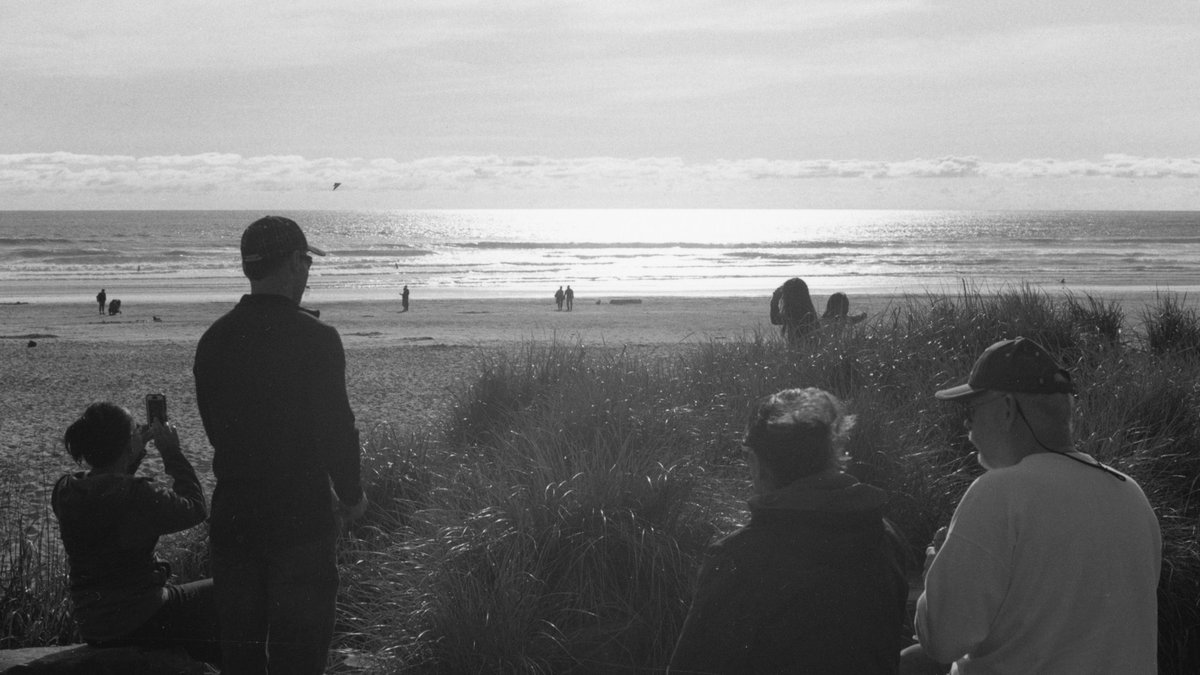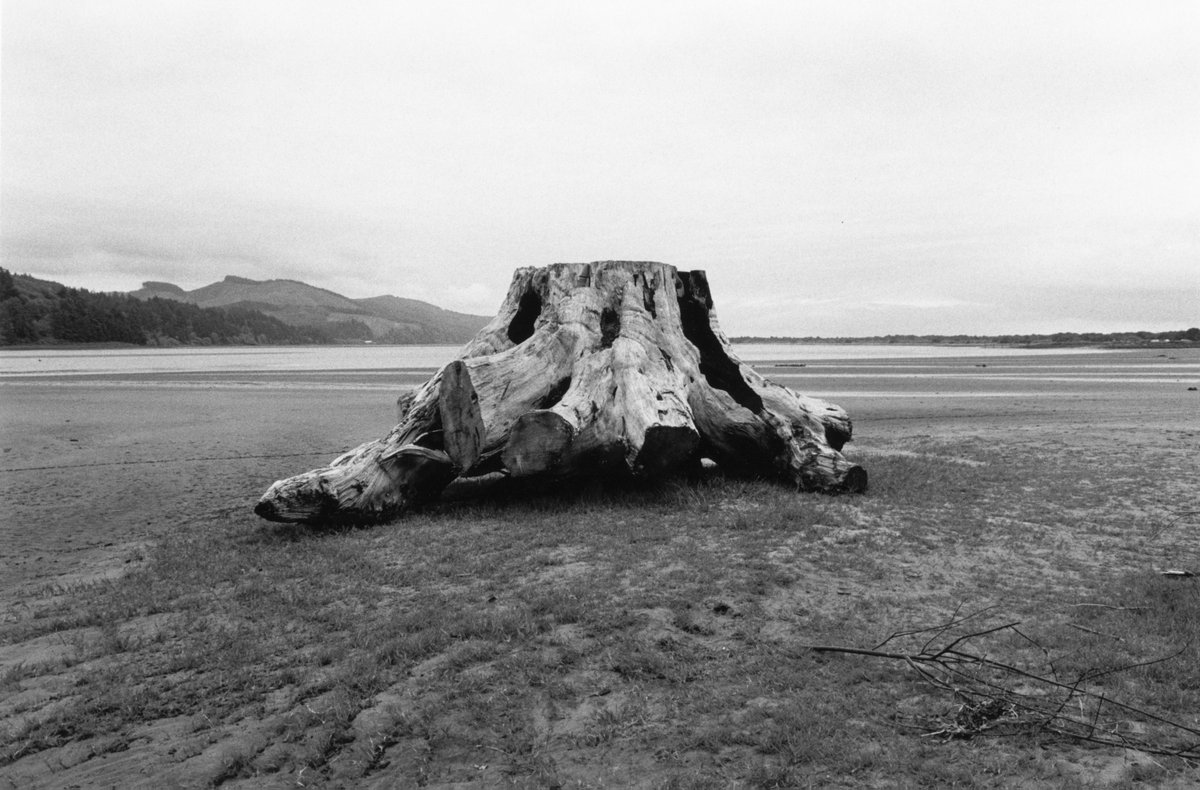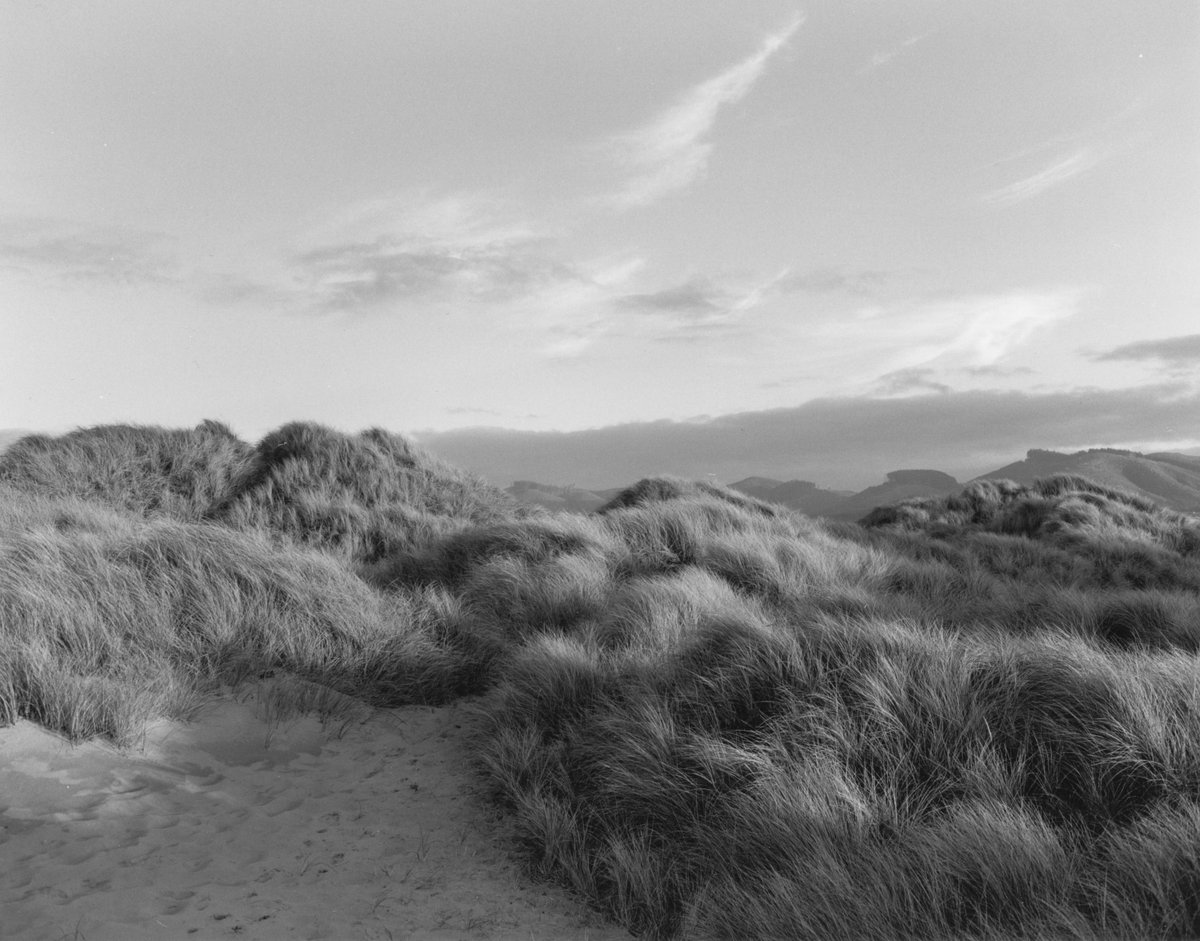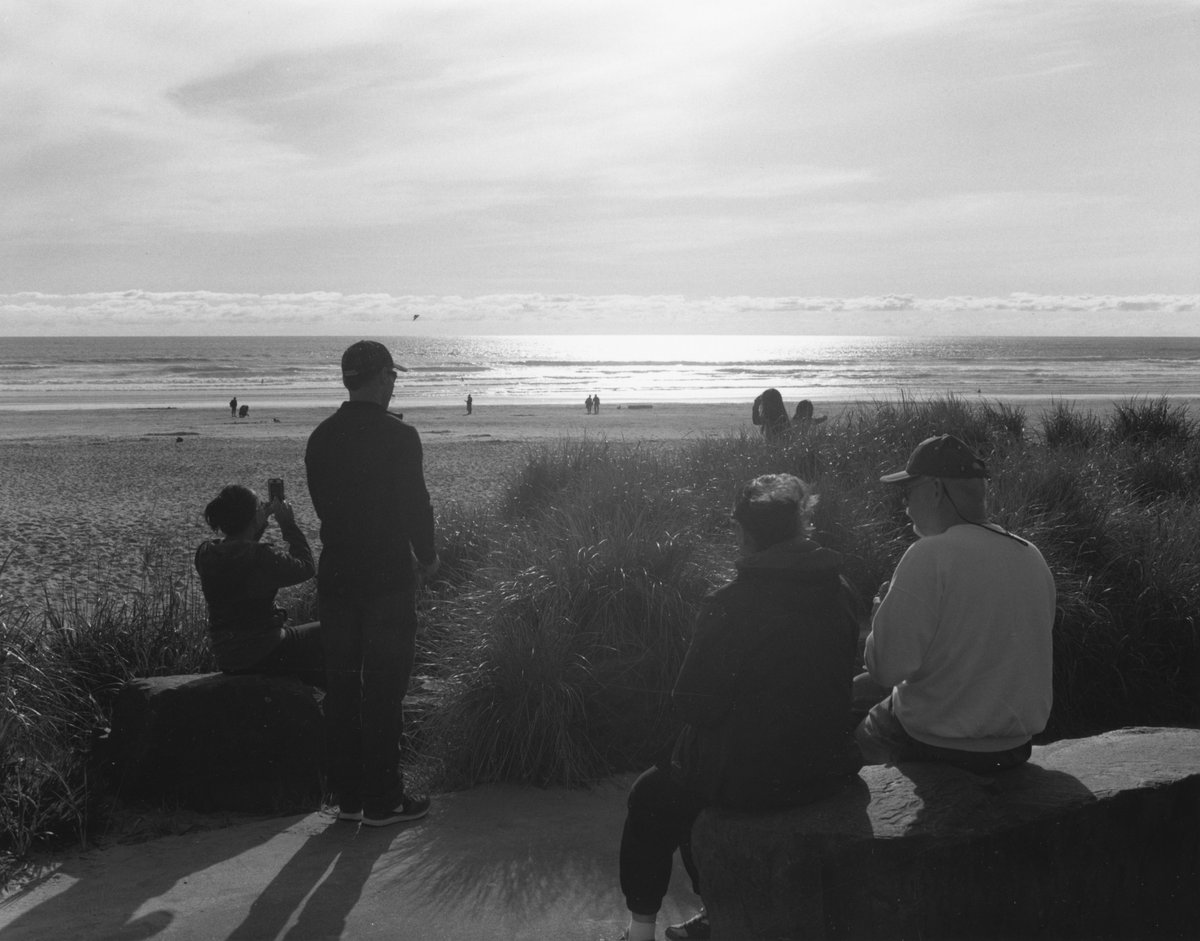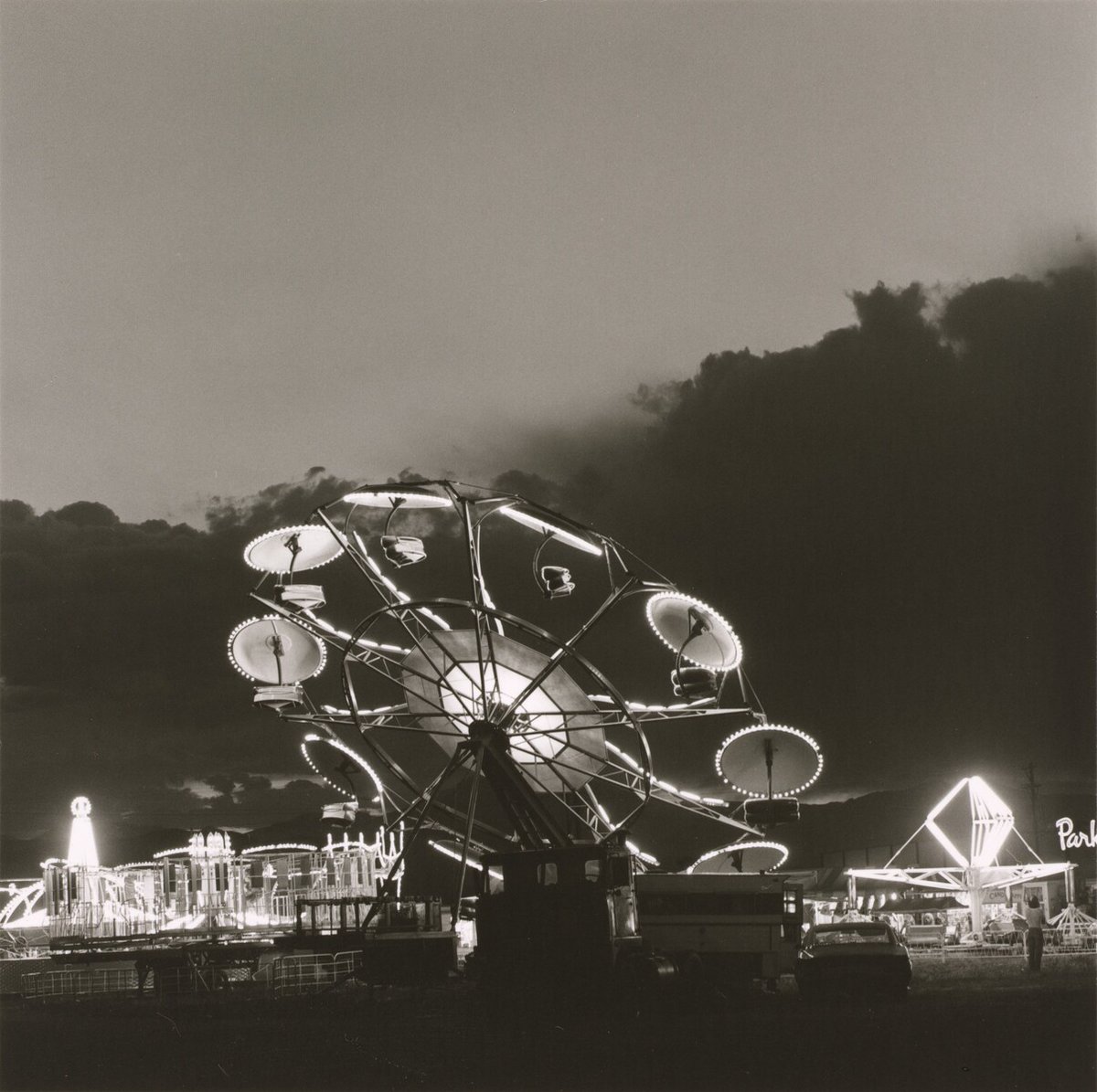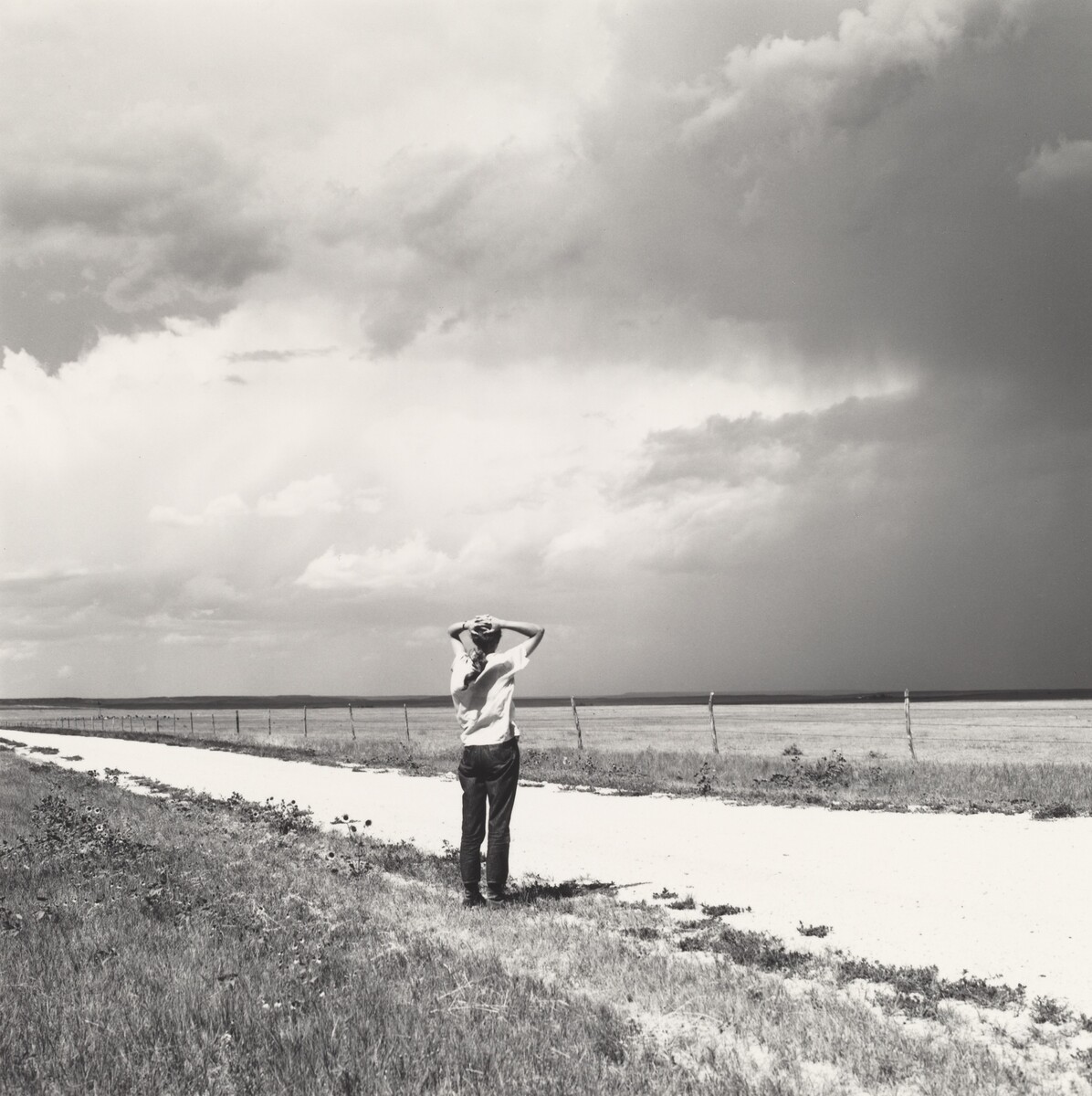In honor of Robert Adams’s 83rd birthday, today we’ll take a tour of his photographs in our collection. #MuseumFromHome
 https://abs.twimg.com/emoji/v2/... draggable="false" alt="📷" title="Camera" aria-label="Emoji: Camera">Explore more than 200 photographs by Adams: http://go.usa.gov/xv7mz
https://abs.twimg.com/emoji/v2/... draggable="false" alt="📷" title="Camera" aria-label="Emoji: Camera">Explore more than 200 photographs by Adams: http://go.usa.gov/xv7mz
["Self-Portrait">https://go.usa.gov/xv7mz&quo... on the Pawnee Grassland, Colorado," 1983}
["Self-Portrait">https://go.usa.gov/xv7mz&quo... on the Pawnee Grassland, Colorado," 1983}
Our tour today is led (from home) by Sarah Greenough, senior curator and head of the department of photographs.
Sarah has been spending this time researching and writing as she prepares for a future exhibition of Robert Adams’s work.
Sarah has been spending this time researching and writing as she prepares for a future exhibition of Robert Adams’s work.
For more than 50 years, Adams has made compelling, provocative, and influential photographs that explore questions like our responsibility to the land we inherited and the moral dilemmas we face as we live with the contradictions of progress.
[“Colorado Springs, Colorado,” 1974]
[“Colorado Springs, Colorado,” 1974]
Working in Colorado, California, and Oregon from the 1960s to the present, Adams has photographed a wide variety of subjects including suburban sprawl, strip malls, highways, homes, and stores.
[“New tracts, west edge of Denver, Colorado,” 1974, printed 1981]
[“New tracts, west edge of Denver, Colorado,” 1974, printed 1981]
He has also made many photographs of the land itself—rivers and skies, the prairie and ocean—and the ravages we have inflicted on it.
[‘Weld County, Colorado,” 1981, printed 1988]
[‘Weld County, Colorado,” 1981, printed 1988]
More than 165 Robert Adams photographs were added to the Gallery& #39;s collection in 2012, selected by the artist himself because, as he stated, "these photographs can tell Americans something they might want to know about their country."
[“Longmont, Colorado,” 1973, printed 1988]
[“Longmont, Colorado,” 1973, printed 1988]
In a letter Adams wrote to his sister on May 11, 2012, the day the Gallery acquired the group of his photographs, he noted that he was “very happy” about the acquisition “since the nature of my work is tied, for better or worse, to an old-fashioned notion of citizenship.”
Today, we’ll look at selections from a series of 43 photographs Adams made in 2015 on the Nehalem Spit in Oregon, part of a promised gift by the Stephen G. Stein Employee Benefit Trust.
Adams divided the pictures into three sections. The first records massive tree trunks that washed down the Nehalem River and were beached on the sand on the inland side of the spit.
[“The River’s Edge,” 2015]
[“The River’s Edge,” 2015]
Like the shipwrecks of yore, they seem to stand as evidence of both the clearcutting that is so prevalent in Oregon and, by extension, of the ambition and folly of humankind.
The second group of pictures is of the spit itself and shows delicate seagrass undulating over the dunes and glowing in the soft, moisture-laden marine light.
Despite the tranquility of the scene, Adams has noted that the area rests on a large geologic fault which history tells us will soon cause a massive earthquake, obliterating the spit and much else as well.
[“The Interior of the Spit,” 2015]
[“The Interior of the Spit,” 2015]
The final group of pictures taken along the ocean side of the spit shows the magical interaction of sand, surf, sky, and light, as well as people quietly contemplating the view.
[“The Sea Beach,” 2015]
[“The Sea Beach,” 2015]
Like many of us when we venture out on our walks these days, they seem to seek peace and solace as they look at the magnificent vista and are perhaps, as Adams notes, hoping for reconciliation.
Robert Adams published these pictures in a book called “Tenancy” which he began with a definition of the title: “the temporary possession of what belongs to another.”
During this time, as we reflect on our rights and responsibilities as citizens of this nation and the world, and as we understand ever more clearly how interconnected we all are, the themes of community and stewardship that Adams explores in his art resonate even more strongly.
Thanks for following along on today’s tour with Sarah Greenough, senior curator and head of the department of photographs.
Starting today, we’ll occasionally be sharing special tours of works from storage. What parts of our collection would you like to learn more about?
Starting today, we’ll occasionally be sharing special tours of works from storage. What parts of our collection would you like to learn more about?
And for today’s #MuseumMomentofZen, Robert Adams’s “Kerstin enjoying the wind. East of Keota, Colorado” (1969, printed c. 1977).

 Read on Twitter
Read on Twitter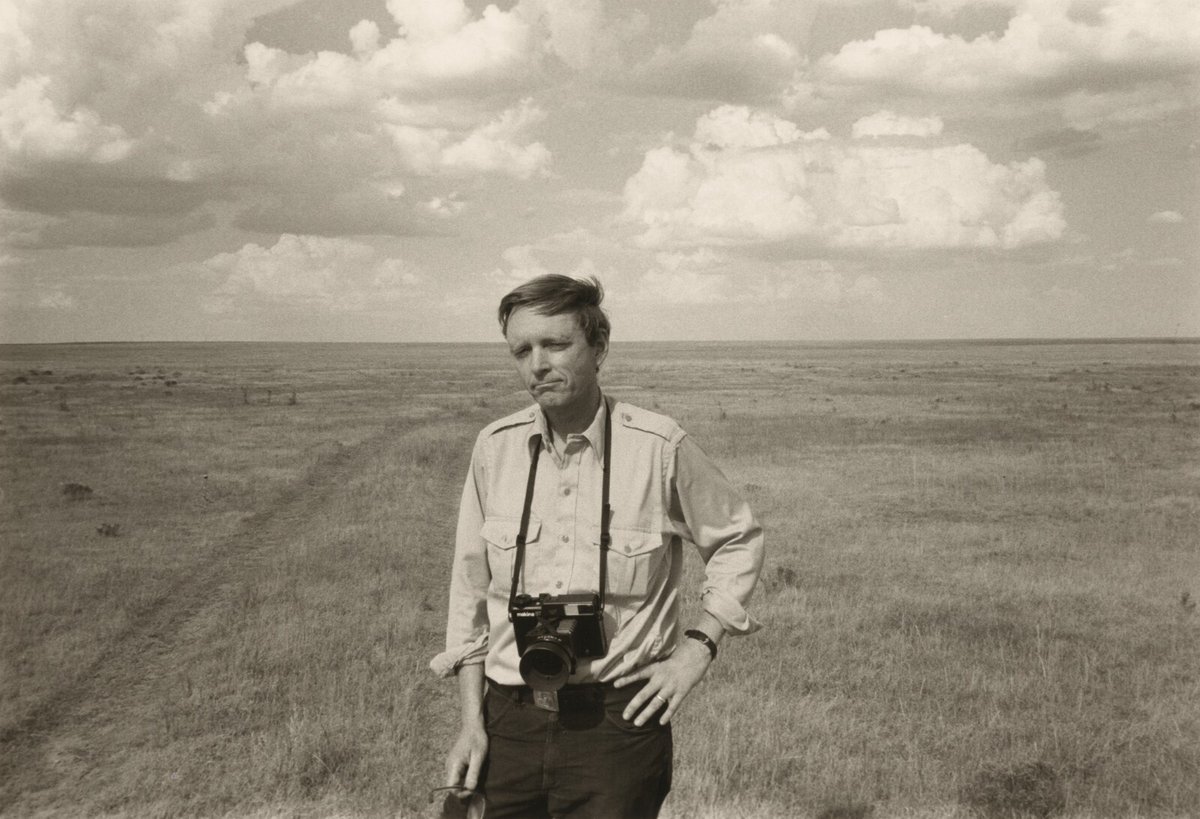 Explore more than 200 photographs by Adams: https://go.usa.gov/xv7mz&quo... on the Pawnee Grassland, Colorado," 1983}" title="In honor of Robert Adams’s 83rd birthday, today we’ll take a tour of his photographs in our collection. #MuseumFromHomehttps://abs.twimg.com/emoji/v2/... draggable="false" alt="📷" title="Camera" aria-label="Emoji: Camera">Explore more than 200 photographs by Adams: https://go.usa.gov/xv7mz&quo... on the Pawnee Grassland, Colorado," 1983}" class="img-responsive" style="max-width:100%;"/>
Explore more than 200 photographs by Adams: https://go.usa.gov/xv7mz&quo... on the Pawnee Grassland, Colorado," 1983}" title="In honor of Robert Adams’s 83rd birthday, today we’ll take a tour of his photographs in our collection. #MuseumFromHomehttps://abs.twimg.com/emoji/v2/... draggable="false" alt="📷" title="Camera" aria-label="Emoji: Camera">Explore more than 200 photographs by Adams: https://go.usa.gov/xv7mz&quo... on the Pawnee Grassland, Colorado," 1983}" class="img-responsive" style="max-width:100%;"/>

![For more than 50 years, Adams has made compelling, provocative, and influential photographs that explore questions like our responsibility to the land we inherited and the moral dilemmas we face as we live with the contradictions of progress.[“Colorado Springs, Colorado,” 1974] For more than 50 years, Adams has made compelling, provocative, and influential photographs that explore questions like our responsibility to the land we inherited and the moral dilemmas we face as we live with the contradictions of progress.[“Colorado Springs, Colorado,” 1974]](https://pbs.twimg.com/media/EXhJyrpXQAUbUPV.jpg)
![Working in Colorado, California, and Oregon from the 1960s to the present, Adams has photographed a wide variety of subjects including suburban sprawl, strip malls, highways, homes, and stores.[“New tracts, west edge of Denver, Colorado,” 1974, printed 1981] Working in Colorado, California, and Oregon from the 1960s to the present, Adams has photographed a wide variety of subjects including suburban sprawl, strip malls, highways, homes, and stores.[“New tracts, west edge of Denver, Colorado,” 1974, printed 1981]](https://pbs.twimg.com/media/EXhKBVNWAAA7l3-.jpg)
![He has also made many photographs of the land itself—rivers and skies, the prairie and ocean—and the ravages we have inflicted on it. [‘Weld County, Colorado,” 1981, printed 1988] He has also made many photographs of the land itself—rivers and skies, the prairie and ocean—and the ravages we have inflicted on it. [‘Weld County, Colorado,” 1981, printed 1988]](https://pbs.twimg.com/media/EXhKSwkWsAA3xNq.jpg)
![More than 165 Robert Adams photographs were added to the Gallery& #39;s collection in 2012, selected by the artist himself because, as he stated, "these photographs can tell Americans something they might want to know about their country."[“Longmont, Colorado,” 1973, printed 1988] More than 165 Robert Adams photographs were added to the Gallery& #39;s collection in 2012, selected by the artist himself because, as he stated, "these photographs can tell Americans something they might want to know about their country."[“Longmont, Colorado,” 1973, printed 1988]](https://pbs.twimg.com/media/EXhKiS1WoAE6Ip2.jpg)
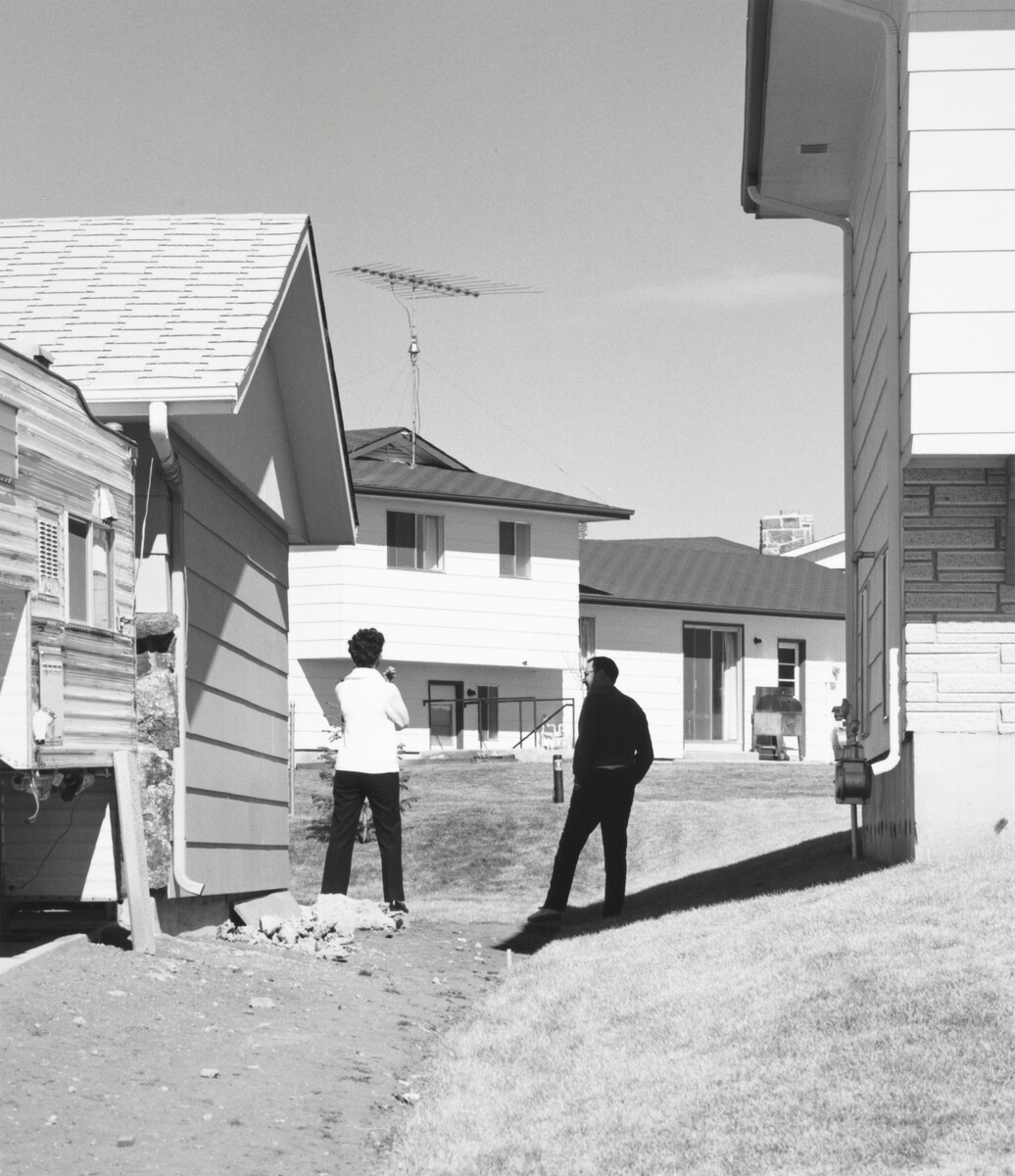
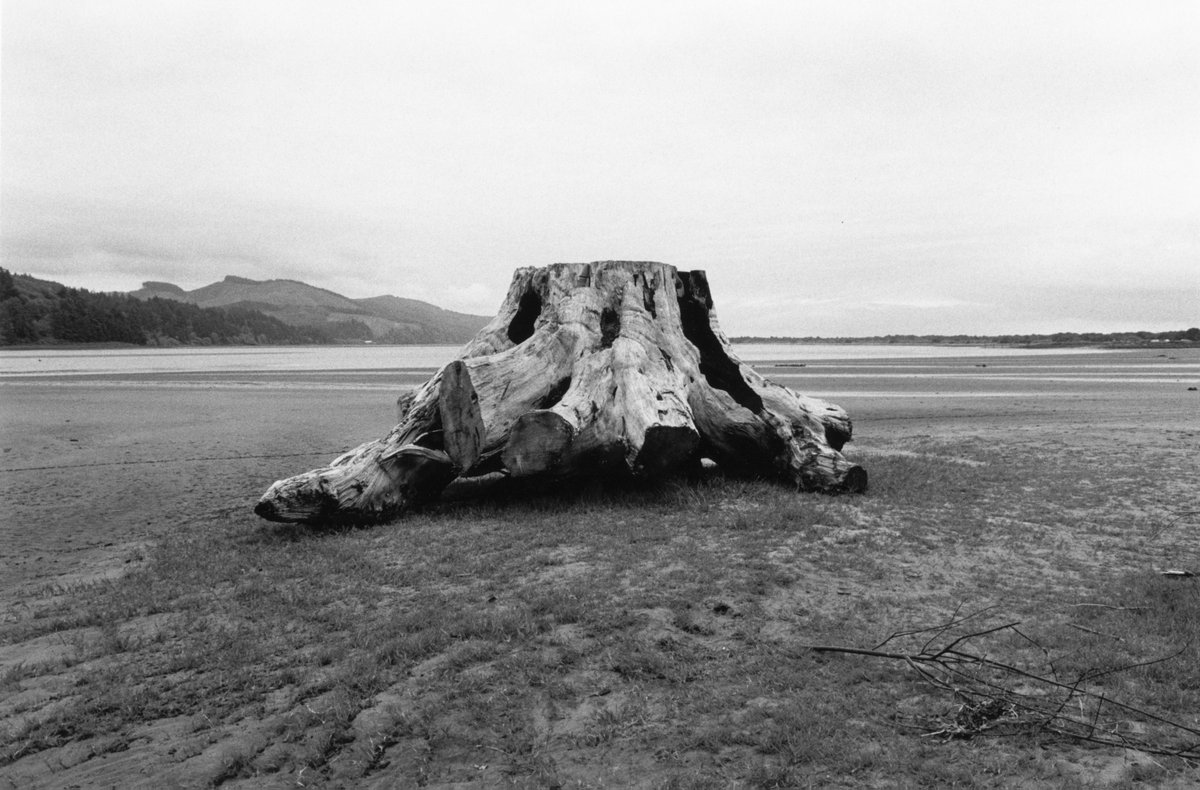
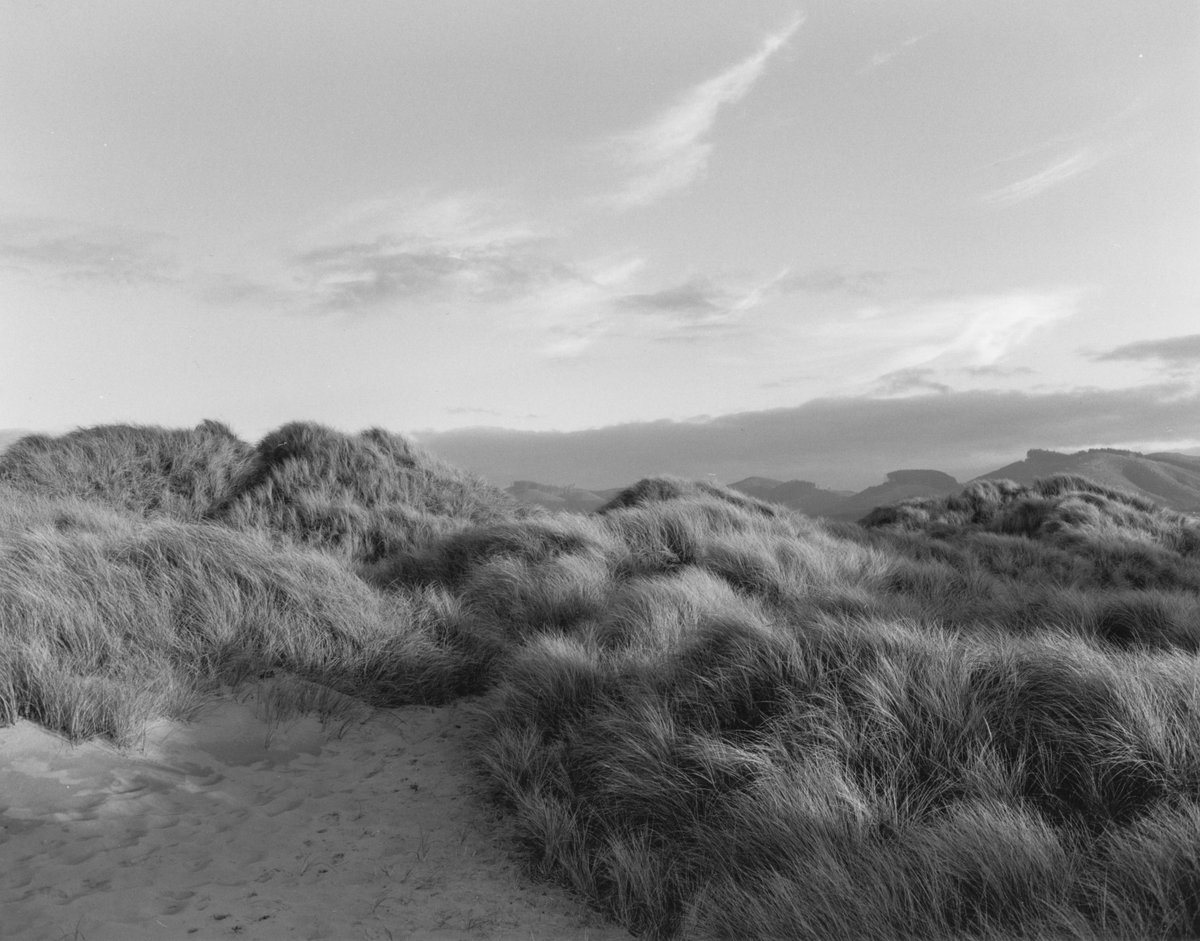
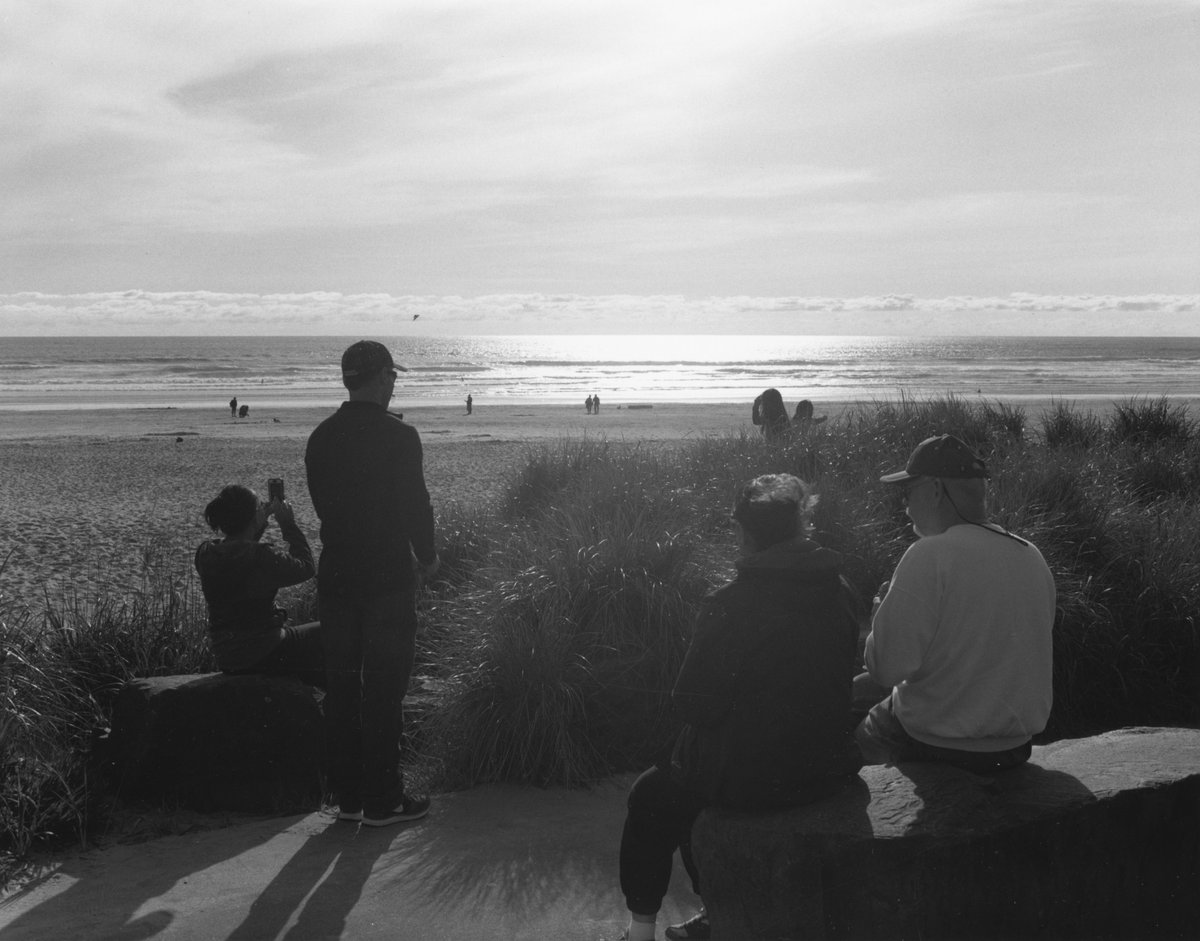
![Adams divided the pictures into three sections. The first records massive tree trunks that washed down the Nehalem River and were beached on the sand on the inland side of the spit. [“The River’s Edge,” 2015] Adams divided the pictures into three sections. The first records massive tree trunks that washed down the Nehalem River and were beached on the sand on the inland side of the spit. [“The River’s Edge,” 2015]](https://pbs.twimg.com/media/EXhLdpfWoAATtFw.jpg)
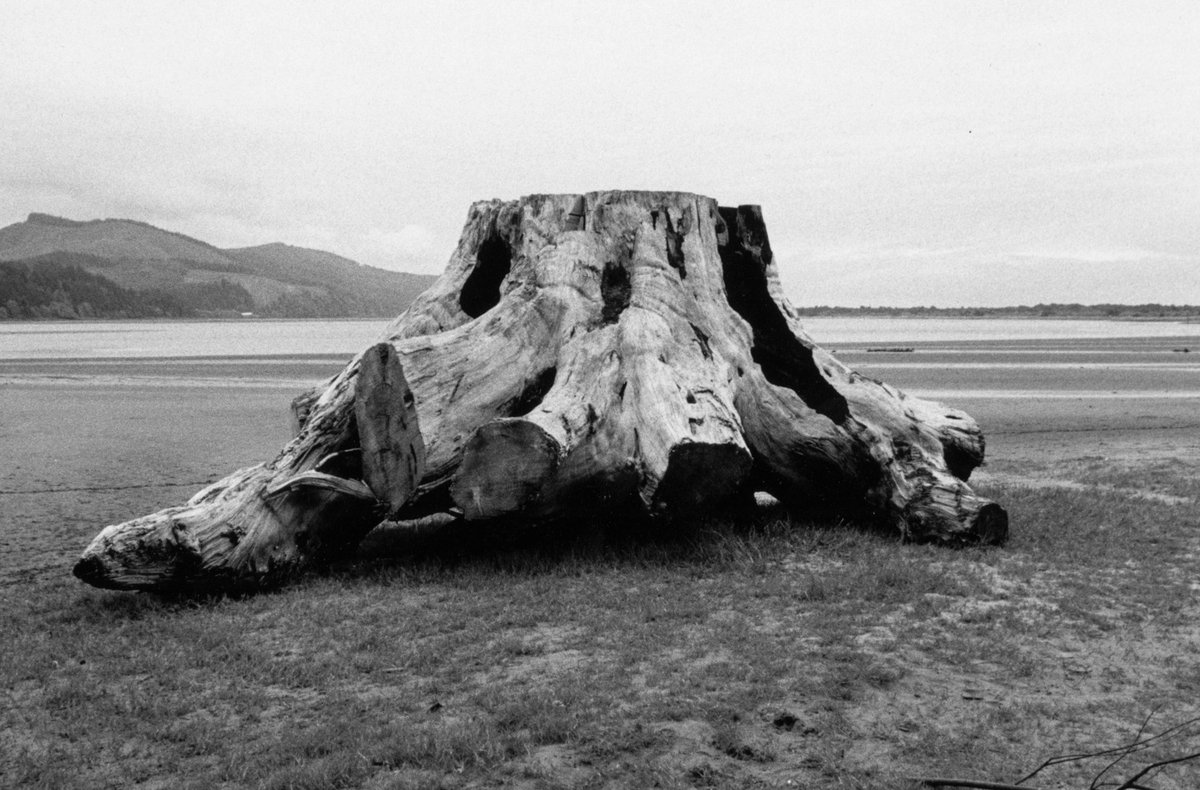
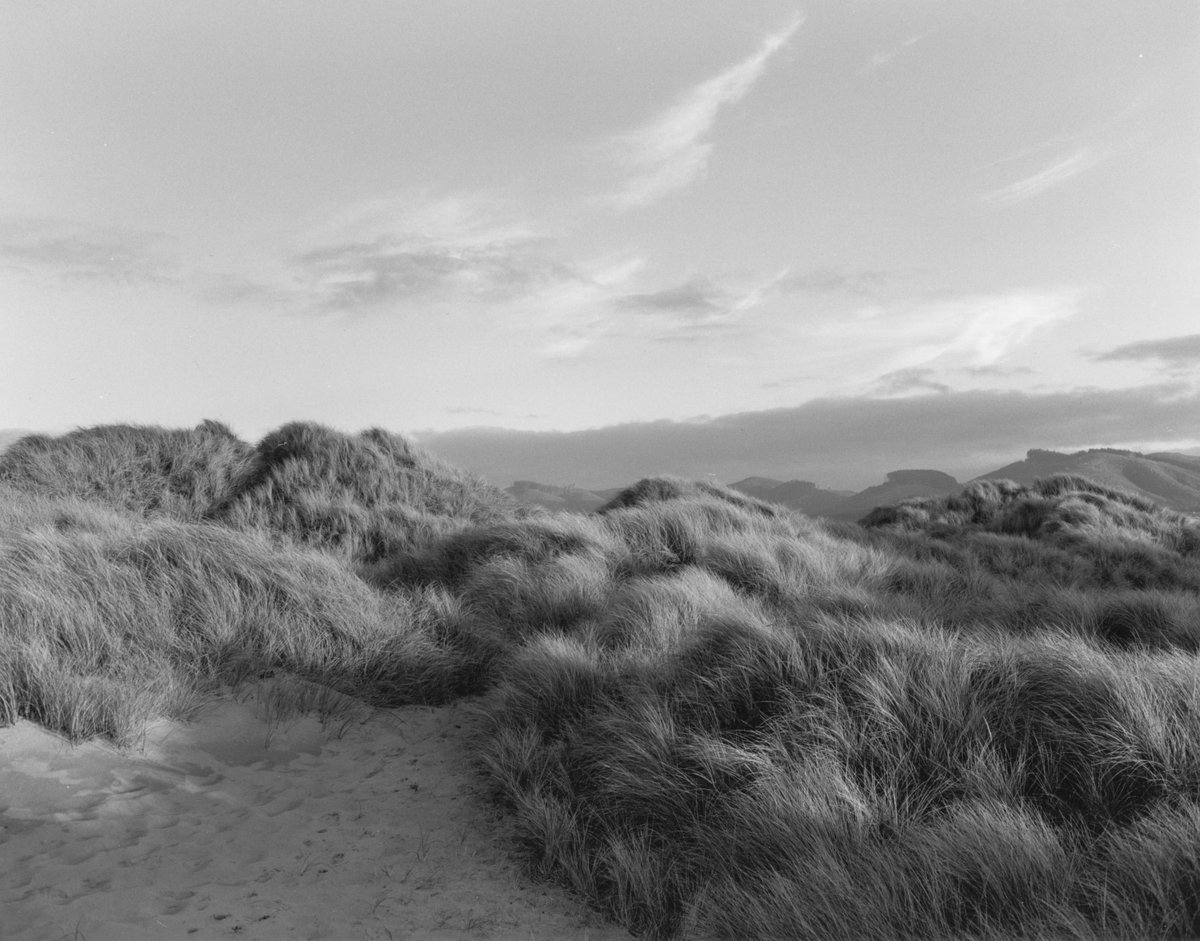
![Despite the tranquility of the scene, Adams has noted that the area rests on a large geologic fault which history tells us will soon cause a massive earthquake, obliterating the spit and much else as well. [“The Interior of the Spit,” 2015] Despite the tranquility of the scene, Adams has noted that the area rests on a large geologic fault which history tells us will soon cause a massive earthquake, obliterating the spit and much else as well. [“The Interior of the Spit,” 2015]](https://pbs.twimg.com/media/EXhMGaiX0AABWyF.jpg)
![The final group of pictures taken along the ocean side of the spit shows the magical interaction of sand, surf, sky, and light, as well as people quietly contemplating the view. [“The Sea Beach,” 2015] The final group of pictures taken along the ocean side of the spit shows the magical interaction of sand, surf, sky, and light, as well as people quietly contemplating the view. [“The Sea Beach,” 2015]](https://pbs.twimg.com/media/EXhMSxBXYAYqExp.jpg)
